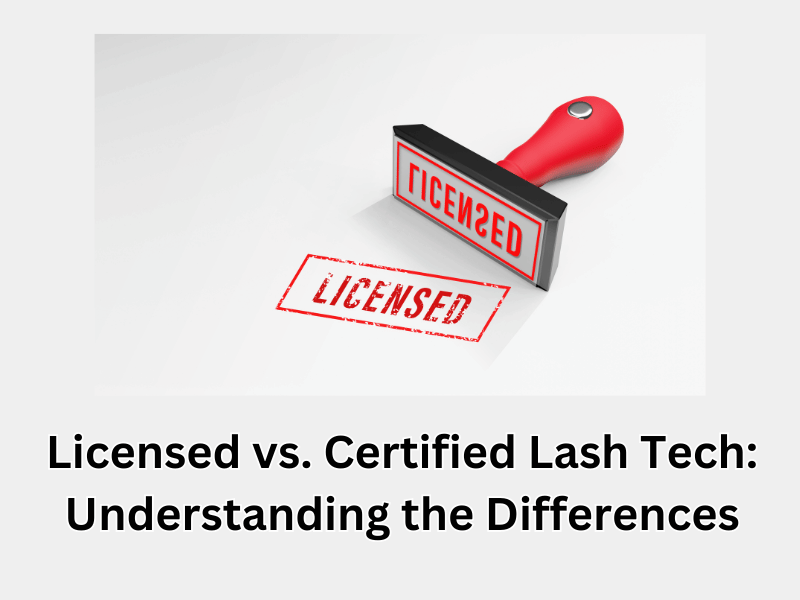How to Become an Ethical Hacker

How to Become an Ethical Hacker
In the digital age, cybersecurity is of paramount importance. With increasing threats from malicious hackers, ethical hackers have emerged as the vanguard in defending sensitive information and systems. This article explores the path to becoming an ethical hacker, delves into the histories of famous hackers, distinguishes between hackers and crackers, provides tips on protecting oneself from hackers, and discusses standard hacker tools and techniques.
The Path to Becoming an Ethical Hacker

Ethical hackers, also known as white-hat hackers, use their skills to find and fix security vulnerabilities. To embark on this path, follow these steps:
- Educational Background: A degree in computer science, information technology, or a related field provides a strong foundation. Courses in network security, programming, and system administration are particularly beneficial.
- Learn Programming and Networking: Proficiency in programming languages such as Python, Java, C++, and Ruby is crucial. Understanding network protocols, TCP/IP, and firewall management is essential.
- Get Certified: Certifications like Certified Ethical Hacker (CEH), Offensive Security Certified Professional (OSCP), and Certified Information Systems Security Professional (CISSP) are highly regarded in the field.
- Gain Experience: Practical experience is vital. Internships, entry-level IT jobs, and participating in hackathons can provide hands-on skills and knowledge.
- Stay Updated: Cybersecurity is a dynamic field. Staying abreast of the latest trends, tools, and vulnerabilities through forums, blogs, and continuous education is necessary.
Famous Hackers in History
While “hacker” often carries a negative connotation, many individuals have used their skills for positive purposes or turned from black to white-hat hacking. Here are some notable figures:
- Kevin Mitnick: Once one of the FBI’s Most Wanted for hacking into significant corporations, Mitnick now runs a successful cybersecurity firm and is a prominent ethical hacker.
- Adrian Lamo: Known for hacking into The New York Times and Microsoft, Lamo later collaborated with authorities to expose cybersecurity flaws.
- Gary McKinnon: Accused of the “biggest military computer hack of all time,” McKinnon claimed he aimed to find evidence of UFOs. His case raised important questions about cybersecurity and mental health.
- Tsutomu Shimomura: Notorious for capturing Kevin Mitnick, Shimomura’s work led to significant advancements in cybersecurity.
How to Create a Winning B2B SEO Campaign
Hacker vs. Cracker: Understanding the Differences
The terms “hacker” and “cracker” are often used interchangeably but have distinct meanings:
- Hacker: Hackers use their technical skills to explore and understand computer systems. Hackers can be ethical (white hat), unethical (black hat), or somewhere in between (grey hat).
- Cracker: A cracker, on the other hand, breaks into systems, often with malicious intent, to steal data, disrupt services, or cause harm.
Ethical hackers aim to protect and secure systems, while crackers typically engage in illegal activities.
A Ubisoft Service is Currently Unavailable: What It Means and How to Fix It
Protecting Yourself from Hackers

With cyber threats becoming increasingly sophisticated, it’s crucial to take steps to protect yourself:
- Use Strong, Unique Passwords: Avoid using easily guessable passwords. Opt for a combination of letters, numbers, and special characters, and use different passwords for different accounts.
- Enable Two-Factor Authentication (2FA): This adds an extra layer of security by requiring a second form of verification in addition to your password.
- Update Software Regularly: Keeping your operating system, applications, and antivirus software up to date can help protect against vulnerabilities.
- Be Wary of Phishing Scams: Be cautious of emails, messages, or websites that request sensitive information. Verify the source before clicking on links or downloading attachments.
- Use a VPN: A Virtual Private Network (VPN) encrypts your internet connection, making it harder for hackers to intercept your data.
Hacker Tools and Techniques
Hackers employ a variety of tools and techniques to identify and exploit vulnerabilities. Some of the most common include:
- Password Cracking: Tools like John the Ripper and Hashcat are used to guess or crack passwords.
- Network Sniffing: Tools like Wireshark capture and analyze network traffic to identify sensitive information and vulnerabilities.
- Social Engineering: This technique involves manipulating individuals into divulging confidential information. Phishing is a common form of social engineering.
- Exploiting Vulnerabilities: Tools like Metasploit help hackers discover and exploit weaknesses in Software or systems.
- Denial of Service (DoS) Attacks: These attacks overload a system’s resources, causing it to crash or become unavailable. Tools like LOIC (Low Orbit Ion Cannon) are often used.
Final Thoughts
Ethical hackers play a critical role in safeguarding our digital world. By understanding their methodologies, we can better protect ourselves from cyber threats and appreciate the complex dynamics of cybersecurity. As technology evolves, so must our strategies for defending against malicious actors.
Questions and Answers
Q1: What educational background is recommended for aspiring ethical hackers?
A: A degree in computer science, information technology, or a related field is highly recommended. Courses in network security, programming, and system administration are particularly beneficial.
Q2: What certifications are valuable for ethical hackers?
A: Certifications such as Certified Ethical Hacker (CEH), Offensive Security Certified Professional (OSCP), and Certified Information Systems Security Professional (CISSP) are highly regarded in the field.
Q3: How can I protect myself from phishing scams?
A: Be cautious of emails, messages, or websites that request sensitive information. Verify the source before clicking on links or downloading attachments.
Q4: What tools do hackers use to crack passwords?
A: Tools like John the Ripper and Hashcat are commonly used to guess or crack passwords.
Q5: What is the difference between a hacker and a cracker?
A: A hacker uses their skills to explore and understand computer systems, which can be for ethical or unethical purposes. A cracker specifically breaks into systems with malicious intent.
Sources
Understanding the intricate world of ethical hacking and implementing robust cybersecurity measures can create a safer digital environment for everyone.




